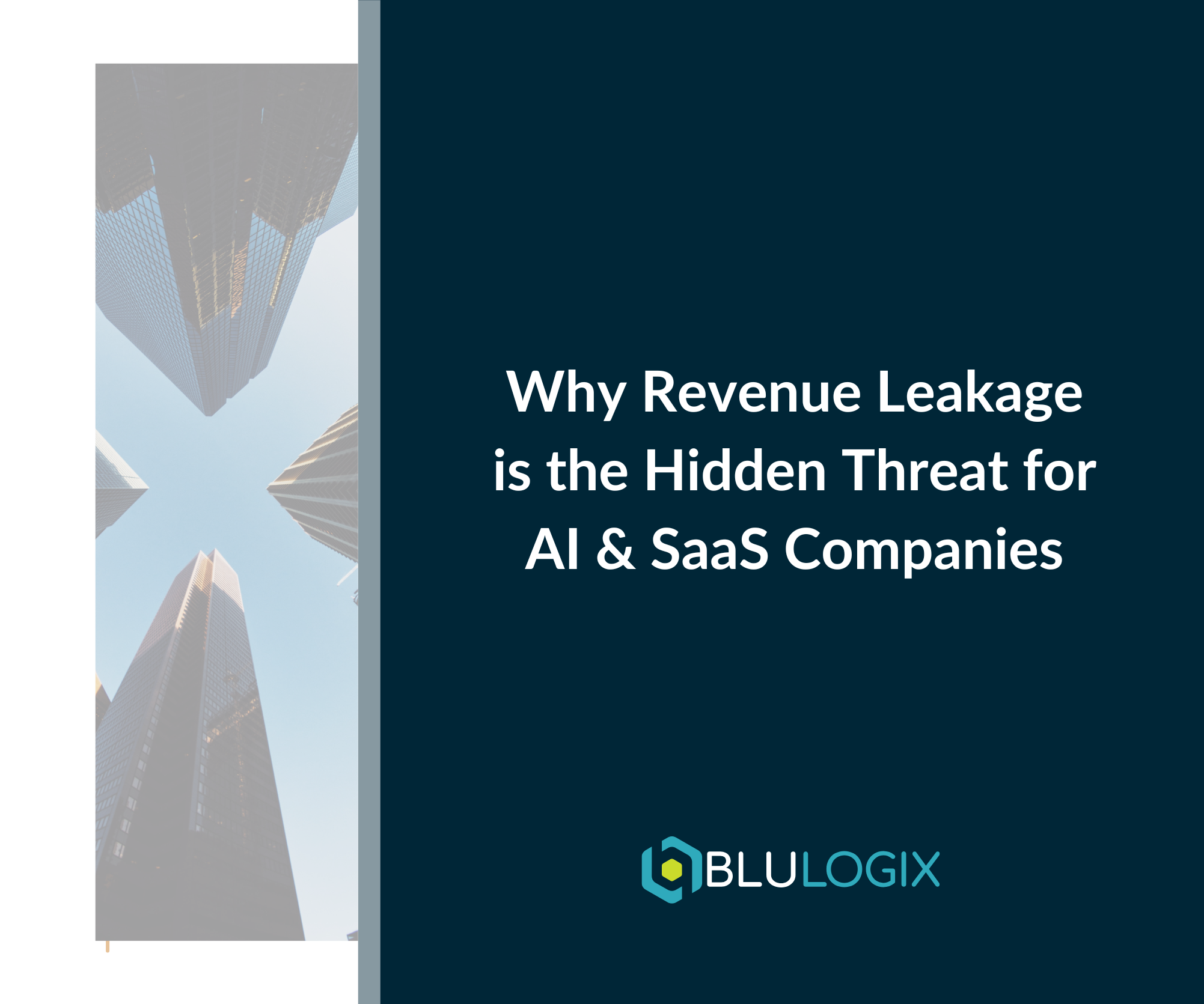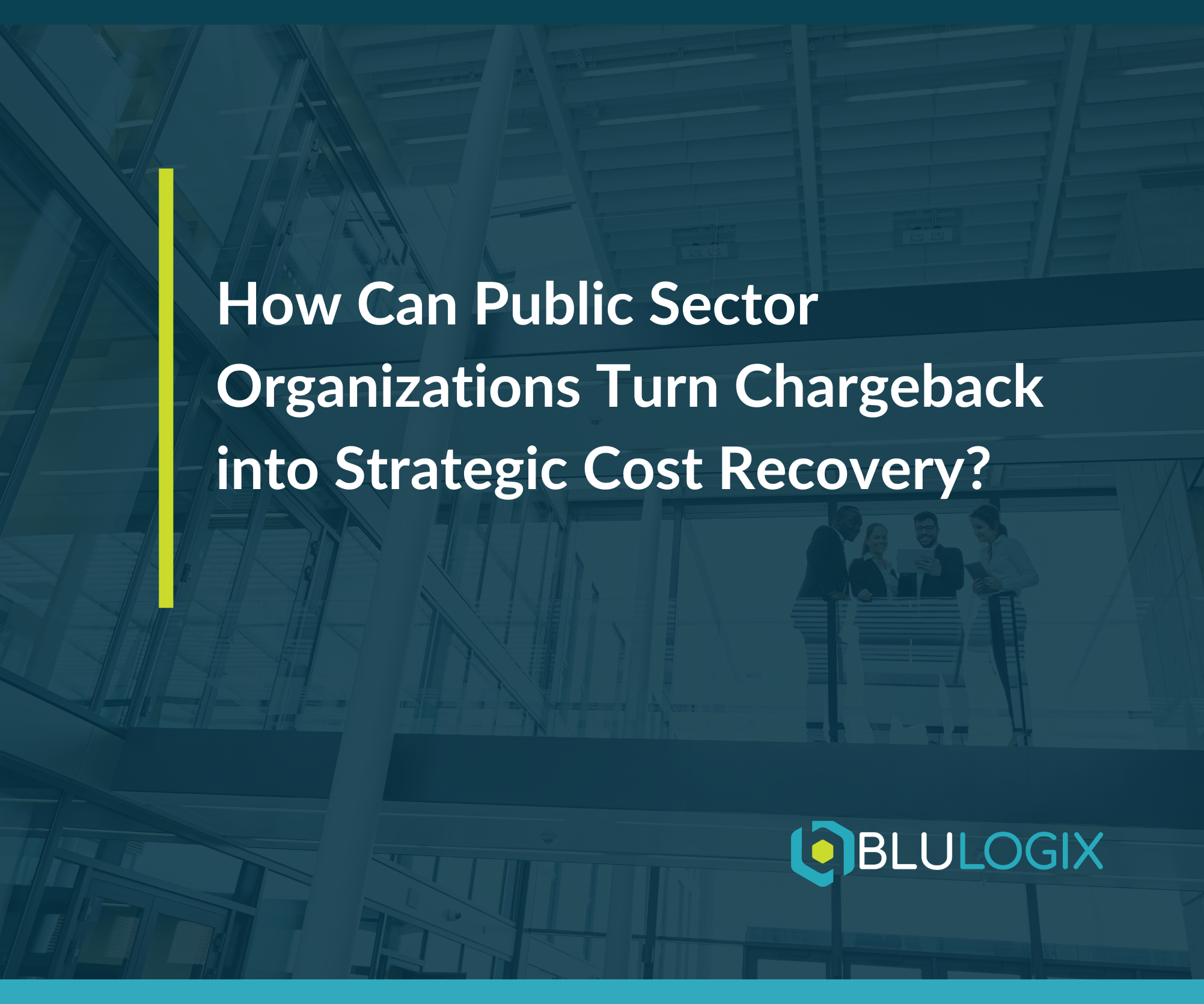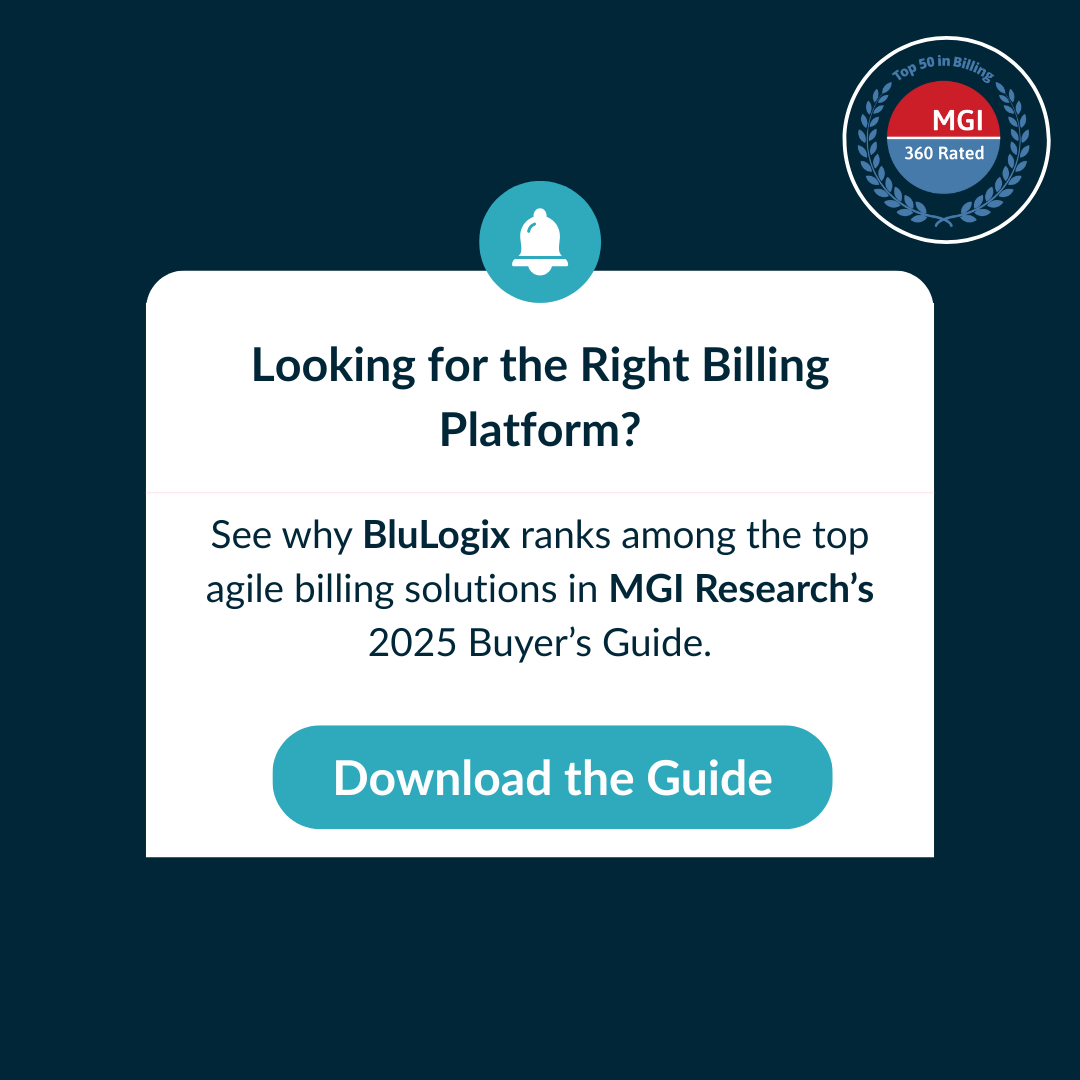Optimizing Pricing and Packaging for Growth in 2025
As we discussed in yesterday’s blog post, the subscription economy is undergoing a significant transformation, with growth opportunities increasingly tied to how businesses structure their pricing and packaging strategies. Customers today demand not just great products but also flexible and personalized pricing models that reflect the value they receive. Meeting these expectations requires businesses to rethink their approaches to pricing and packaging, embracing innovation while staying competitive.
Innovative pricing strategies like hybrid models and tailored bundles are becoming essential tools for businesses to appeal to a diverse customer base and maximize revenue potential. In 2025, the ability to adapt quickly and meet these demands will separate market leaders from laggards.
Ready to see how BluIQ can transform your billing process and help you achieve integrated, automated, and accurate complex monetization? Schedule a demo with a BluLogix billing expert today and take the first step towards revolutionizing your revenue management.
The Rise of Hybrid Pricing Models
Traditional subscription models are giving way to more nuanced structures like hybrid pricing, which combines fixed subscription fees with usage-based components. This approach provides businesses with predictable revenue while giving customers flexibility to pay for what they actually use.
For instance, a SaaS company might charge a monthly fee for access to its platform and additional fees for higher levels of data storage or API calls. This pricing model accommodates varying customer needs, allowing light users to pay less while heavy users pay for premium features.
Why Hybrid Pricing Models Work:
- Customer Alignment: Customers appreciate transparency and fairness in pricing, paying only for the value they consume.
- Scalable Revenue: Businesses can grow revenue by monetizing additional usage without needing to increase their customer base dramatically.
- Market Differentiation: Flexible pricing sets companies apart in a crowded market, appealing to both budget-conscious and high-demand users.
Hybrid pricing not only drives revenue growth but also strengthens customer relationships by aligning cost with perceived value.
Bundling for Growth and Simplicity
In a competitive market, bundling products and services has proven to be a powerful strategy for increasing revenue and enhancing customer satisfaction. Bundles provide customers with comprehensive solutions at a perceived discount, often increasing loyalty and reducing churn.
For example, a telecommunications company might bundle internet, cable TV, and home security services at a lower combined price than purchasing each service individually. This approach encourages customers to stick with the provider for all their needs while increasing the company’s revenue per user. Just translate that scenario into B2B terms, add regulated/taxed communications services, and multiply it by 1000 users and you see the good and the bad of this approach.
But don’t be afraid of bundling. It’s a crucial tool for driving customer value, retention and loyalty, and done correctly, has enormous potential to drive incredible growth.
Best Practices for Effective Bundling:
- Focus on Complementary Offerings: Bundles should combine products and services that naturally fit together to enhance customer value.
- Offer Tiered Bundles: Provide multiple bundle options to cater to different customer segments and budgets.
- Monitor Performance: Use analytics to refine bundle offerings based on customer feedback and sales data.
The Role of Technology in Pricing and Packaging
Implementing flexible pricing and packaging strategies requires robust billing software capable of handling complex scenarios. Automated systems can seamlessly manage hybrid pricing models, track usage, and adjust bundles in real time.
Technology Benefits:
- Real-Time Adjustments: Respond to customer usage patterns dynamically.
- Error Reduction: Avoid manual mistakes in billing and pricing calculations.
- Enhanced Analytics: Leverage insights to identify opportunities for upselling or cross-selling.
Looking Ahead
As we move further into 2025, pricing and packaging strategies will become even more critical. Businesses that embrace hybrid pricing models, leverage bundling effectively, and invest in advanced billing solutions will be well-positioned to thrive. Success will require not only innovation but also the operational tools to execute these strategies flawlessly.
The question is: Are you ready to adapt and grow in this evolving landscape?
Ready to see how BluIQ can transform your billing process and help you achieve integrated, automated, and accurate complex monetization? Schedule a demo with a BluLogix billing expert today and take the first step towards revolutionizing your revenue management.
Learn more

Why Revenue Leakage is the Hidden Threat for AI & SaaS Companies

How AI and Predictive Analytics Are Transforming Revenue Processes for Finance Teams



